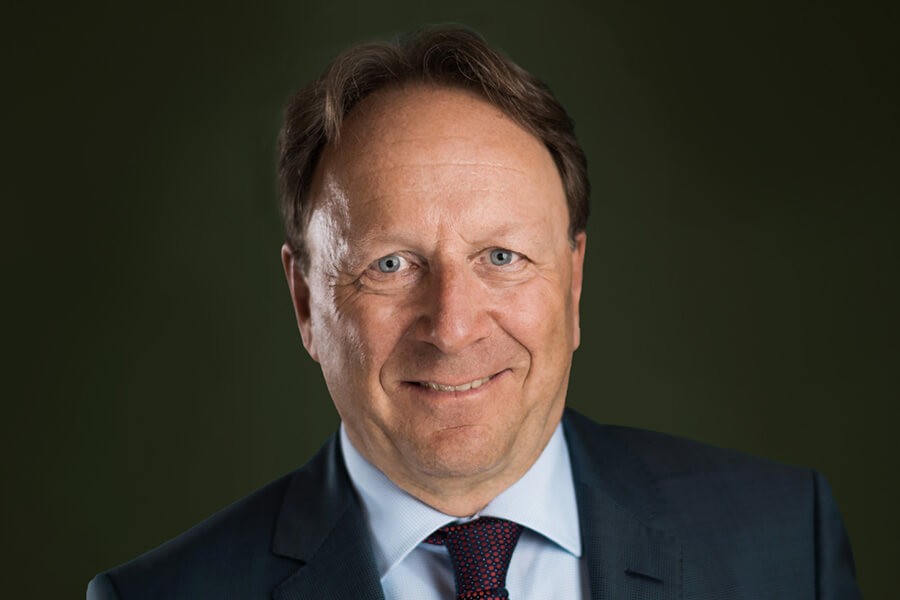Any charitable foundation which spends more for its purpose than what it generates from its assets is not going to last long. Thus, to be able to keep doing good in the long term, foundations must make sure that their assets work for their purpose. Is it possible to do this without professional support?
Switzerland has more than 13,000 foundations registered. 13,524, actually, to be precise, according to the 2022 Swiss Foundation Report. Mostly, they are located in the cantons of Zurich (2,232), Bern (1,390), Vaud (1,370), Geneva (1,294), Basel-Stadt (908) and Ticino (819). In 2021, on average, a foundation was incorporated every day. As, at the same time, 219 foundations were liquidated, there was a net growth of 146. The oldest Swiss foundations date from the 13th century and are aimed at financially supporting churches and parishes. Half of all foundations were established after the turn of the millennium.

Asset management is increasingly important
Each of these 13,524 foundations is different. Nevertheless, they all have one thing in common: they need resources in order to fulfil their purpose. That is why most of them carry out investments. This used to be easier when risk-free bond yields were sufficient to meet financing needs and regularly paid money into their account. However, dramatical changes have taken place in recent years, as a result of falling interest rates and rising financial requirements for many foundations. More and more foundations are diversifying their assets more broadly than in the past and are now investing mainly in stocks, bonds, private equity and real estate.
Asset management is becoming more challenging
Foundations have the possibility of managing their own assets with the help of an advisor or they can set up a family office. This requires know-how and resources. A family office providing support to more than one foundation is able to offer a significantly greater range and level of service and professionalism. Multi Family Offices …
- … advise foundations independently with respect to suppliers and products,
- … know and comply with all regulatory requirements,
- … develop together with the foundation their values and investment strategy,
- … define together with the foundation any exclusion, ESG and SRI criteria,
- … are their contact persons for any matter and act as sparring partners,
- … thanks to their network and relations are able to open many doors and
- … share their knowledge with both the foundation’s employees and the members of the board.
Customized and efficient asset management
What is most important is to define the values, the investment strategy and any exclusion, ESG and SRI criteria. However, a professional multi-family office does not have to reinvent the wheel for each foundation, but can already rely on well-developed tools and optimized processes. This saves a lot of time, for example in the exchanges needed with the foundation boards, as well as expenses. Moreover, reputable family offices do not charge hidden fees and are able to bundle the interests of foundations. Their offer involves interesting co-investment opportunities, better conditions or more influence on investment decisions.
Between philanthropy and profitability
This is the reason why, in many cases, multi-family offices are more cost-effective compared to single-family offices or the self-management of the foundation’s assets. When you choose a partner, have a look at their clients. Family offices that support various larger foundations know how to
- … consolidate assets in several banks,
- … present all assets clearly and
- … balance financial and social-ecological returns.
Most foundations are run by voluntary foundation boards. Many lack investment knowledge, sustainability know-how or time. Thus, they should try and focus on the purpose of the foundation, on the investment strategy and on the investment decisions. Indeed, they can delegate the management of their assets, but not the responsibility for their decisions.
“Of course, foundations can manage and increase their assets independently, provided that they have the necessary expertise and sufficient resources. Otherwise, good advice is available: despite not being expensive, this is extremely valuable.”


